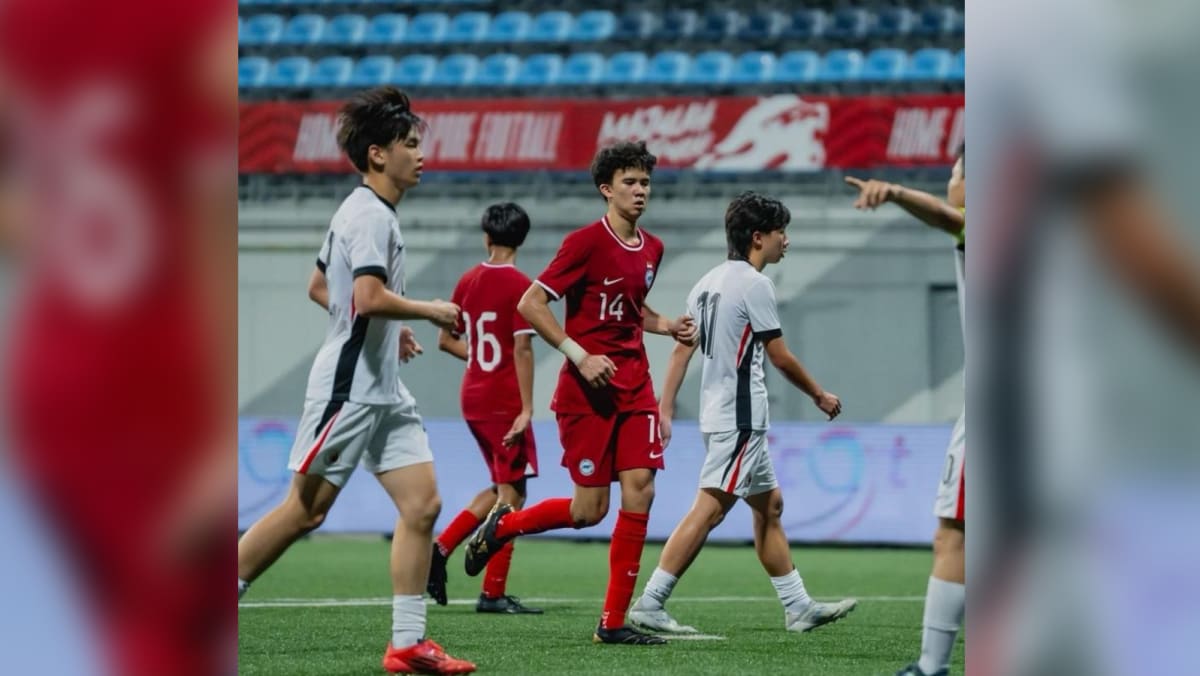JUGGLING STUDIES AND SPORTS
The truth is, sporting success need not come at the expense of academics. It is possible to juggle both, and many athletes have.
University athletes routinely make up a significant portion of the United States’ Olympic teams. At the 2024 Olympics, French student-athletes secured 34 Olympic medals for the country.
Just last week, 15-year-old Max Dowman, a Year 10 student in the United Kingdom (equivalent to Secondary 3 in Singapore), made his Premier League debut for Arsenal.
Closer to home, runner Mok Ying Ren juggled medical school, national service and training throughout his career, but this did not prevent him from winning the SEA Games triathlon (2007) and marathon (2013).
Koh Jian Ying captained Singapore’s water polo team while balancing law school and a legal career.
Schooling was a student-athlete at University of Texas Austin when he beat full-time athletes Chad le Clos, Laszlo Cseh and Michael Phelps in the 100m butterfly.
To be sure, many of these athletes had strong institutional support. In the US, many colleges have dedicated student-athlete programmes which help athletes manage their schedule better. For instance, student-athletes have priority when choosing lecture timeslots, and this allows them to choose timings that work best with their training schedule. There is also flexibility in relation to examination dates, which can be pushed forward or delayed depending on competition schedule. Some could also take proctored exams while competing on the road.
However, the academic requirements are the same, and athletes are subject to the same academic standards as their peers.
The fact is it will not be easy to juggle both sports and studies. But, as the likes of Schooling, Mok and Koh have shown, it can be done with grit and tenacity, qualities that in any event should be second nature to elite athletes. When there is more to do, athletes learn to be more productive and focused, skills that will come in handy post-retirement.













